Find Out What Famous Entreprenuer you Are
The 6 CEO's
Personality Test
Discover which famous entrepreneur's business approach resembles yours and what you are missing. Take this quiz to find out!


Excellence through Passion
Some of our success stories
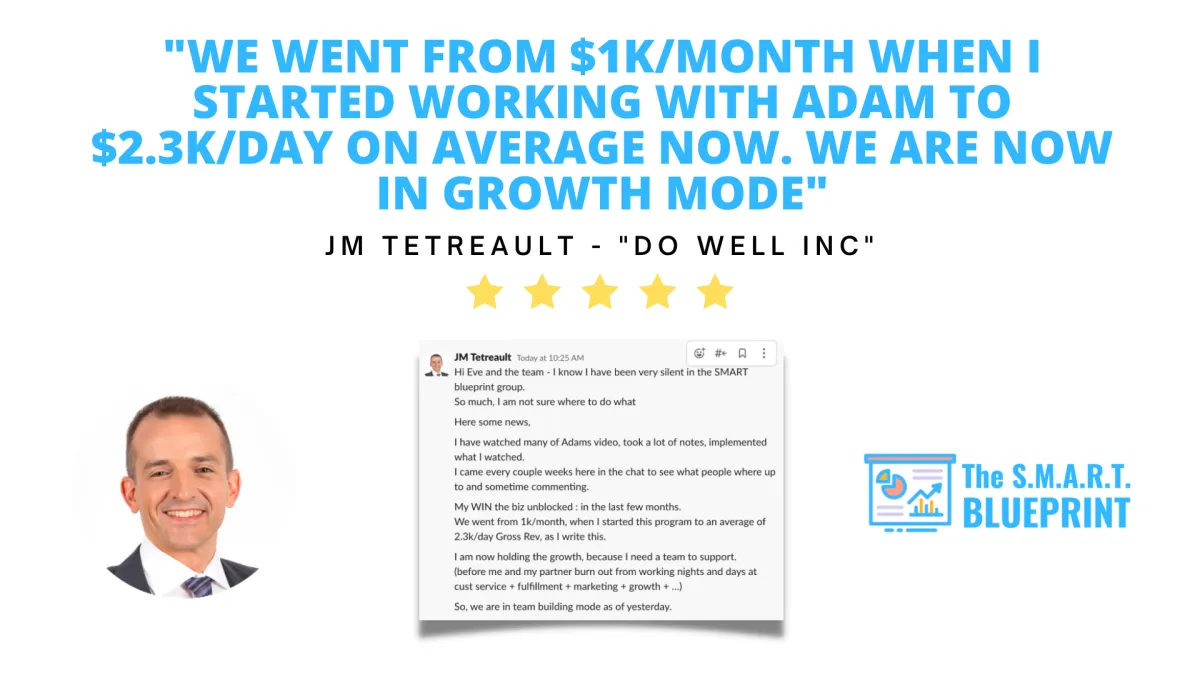
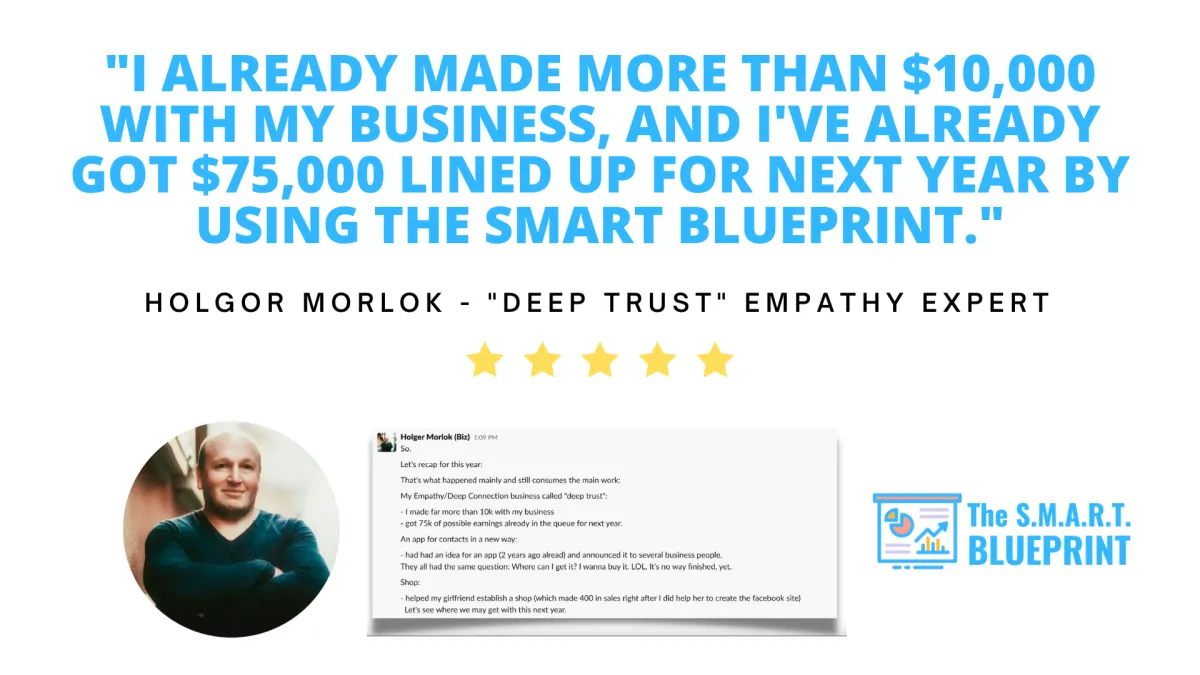
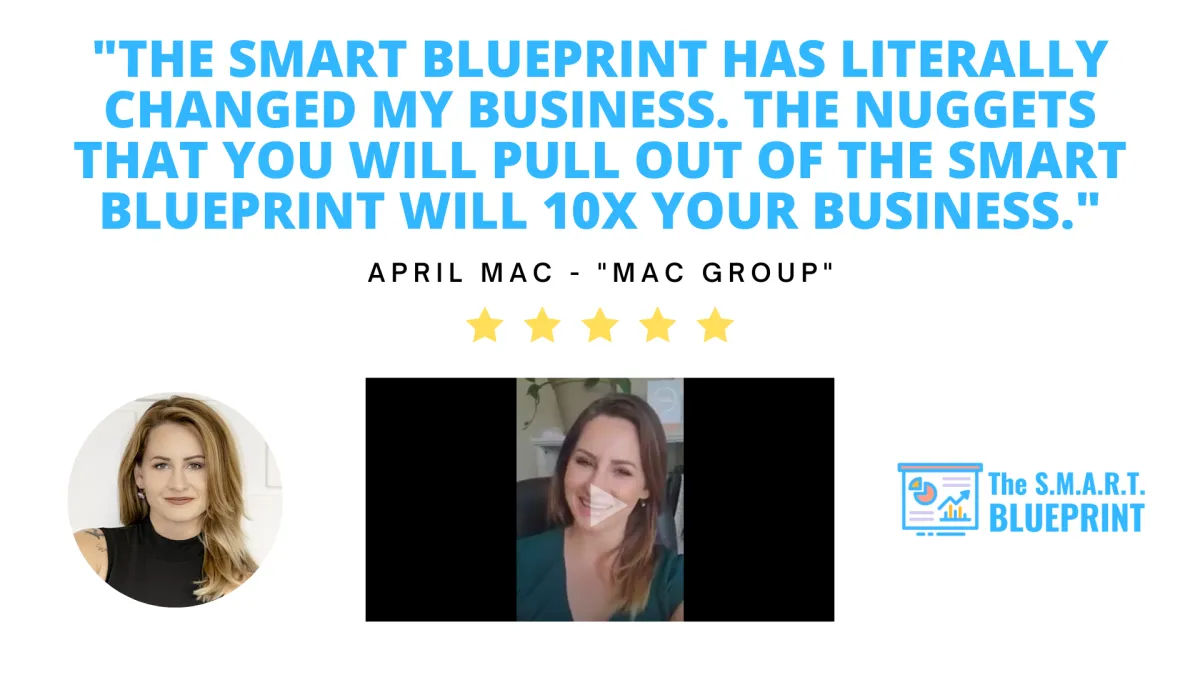
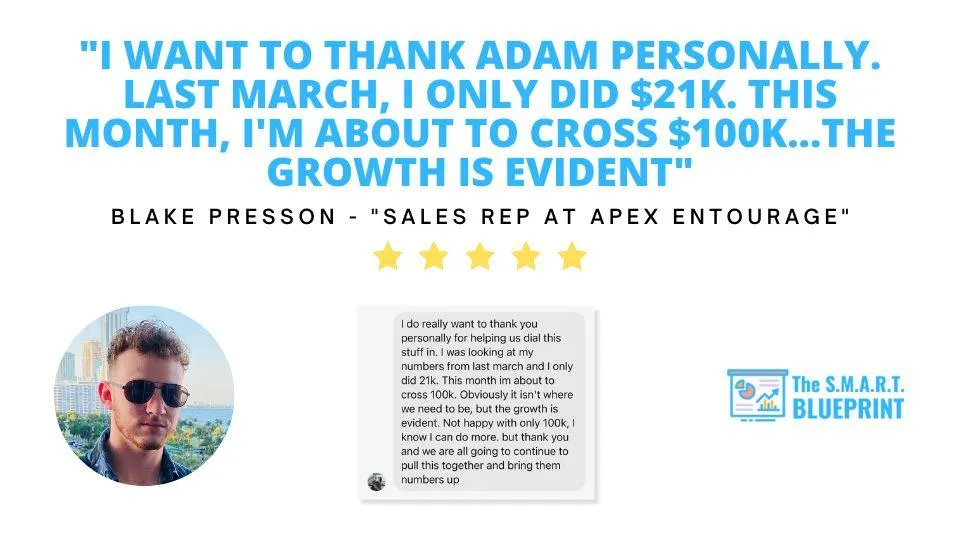
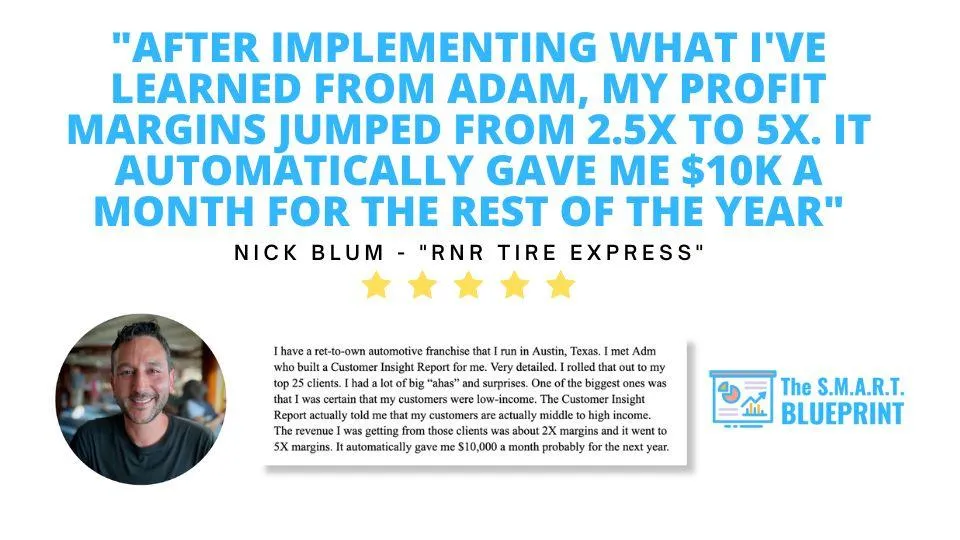
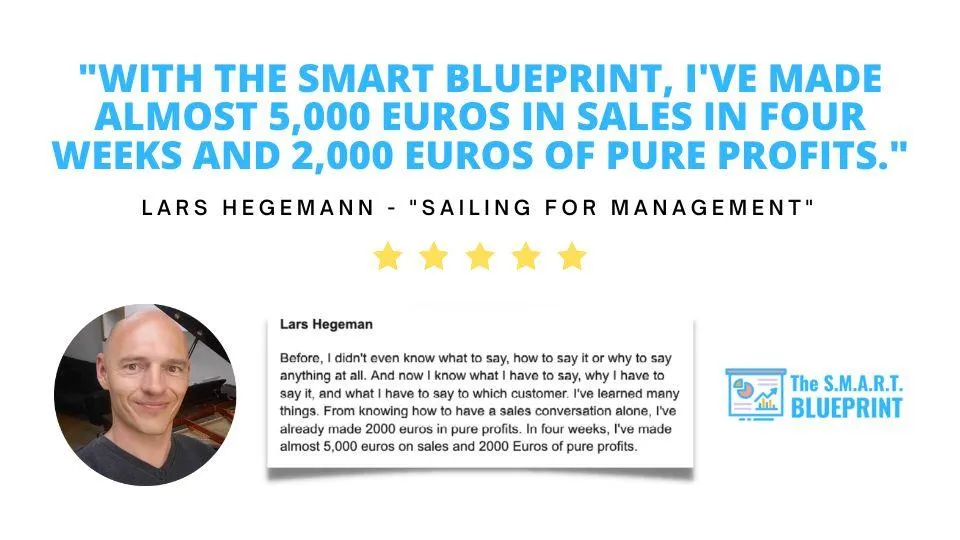

Who is Adam Lyons?
Upsells Expert
Adam Lyons has boosted the revenue for experts in over 1,900+ small businesses since launching The S.M.A.R.T Blueprint in 2020.
How? Well, his magic ingredient isn’t actually magic at all, The S.M.A.R.T Blueprint is a 5-step surefire process for helping experts uncover new revenue through customer insight reports, customer avatar analytics, revenue prediction, product testing and market research, ultimately allowing their businesses to generate additional revenue without new leads. Many of Lyons’ customers came to him during the rough times of 2020, (like the Dungeons and Dragons Shop in Bastrop, Texas, which he grew by 36,000% in the middle of the pandemic!)
Beyond his own portfolio of growing companies, Lyons is an advisor for over 500 brands and experts across the U.S. and Canada. Lyons has been featured on CNN, MSNBC, Business Insider, The Today Show, Forbes, the Daily Mail and the NY Post. He has been awarded two different ‘Wicked Smaht’ awards due to his innovative business strategies and multiple two-comma club awards. Companies he has worked with include PepsiCo, Nike, Nescafé, Discovery Digital Networks and many smaller brands.
Lyons created and developed his outside-the-box business system out of frustration that fake experts with good marketing were making more revenue and profit than REAL experts. He first used his knowledge to grow his own personal expertise into a 7-figure-a-year business, before the requests from other experts started coming in.
Today, Lyons lives on a ranch in Texas with his wife and their five children where he helps hundreds of experts boost their revenue each year to compete with all the fake wannabes flooding our screens, through the use of customer insight reports, S.M.A.R.T. Upsells, and the S.M.A.R.T. Blueprint.
Take the Self Sabotage Dating Test
Find Out What's Holding You Back

Excellence through Passion
More Case Studies of Our students
Lanell Beckels talks about going from "time-for-money" to scaling a 6-figure business

Jessica J went from working 70 hrs a week to 20 hrs while tripling her income

Lloyd Dixon was struggling and now has more clients than he can handle
Zach Paul used Adam's coaching to make the biggest sale in his life

Jordan Gwyther used just one simple technique to get a massive boost in revenue

Brian Drury gets systems to transform his business
Still Don't Believe It?
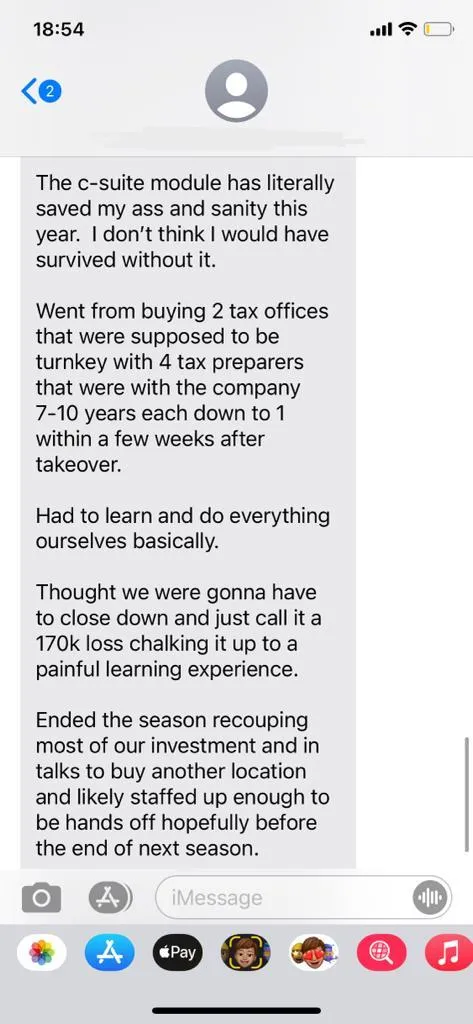

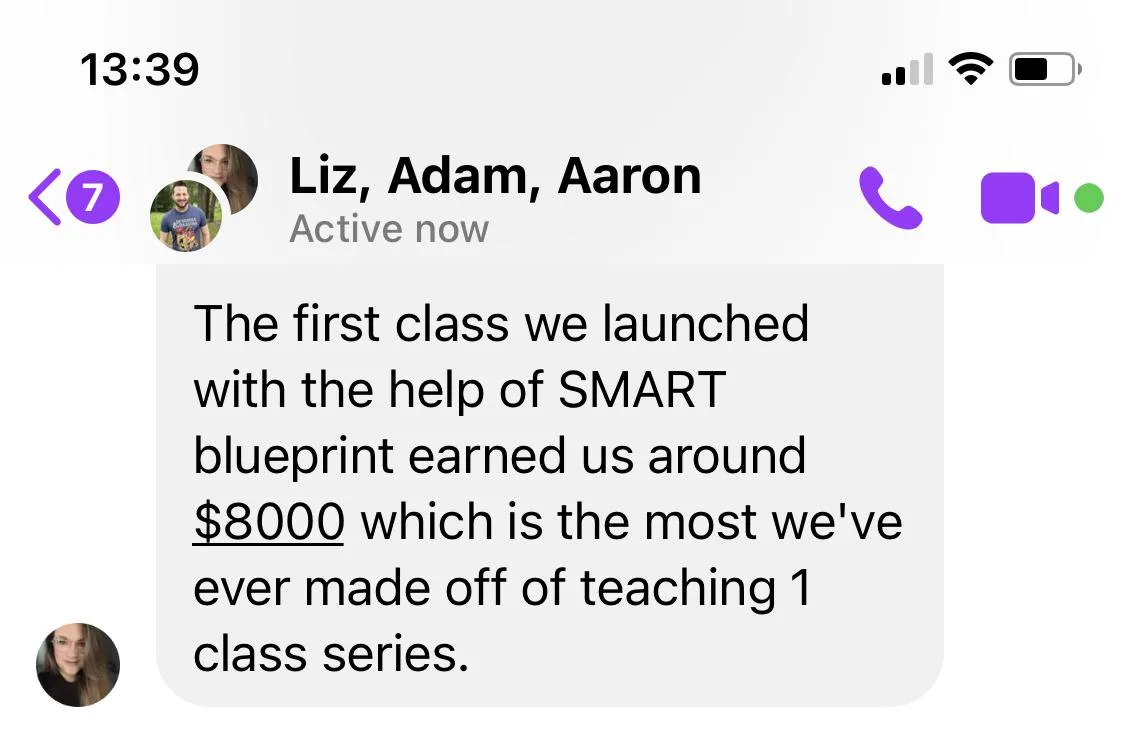
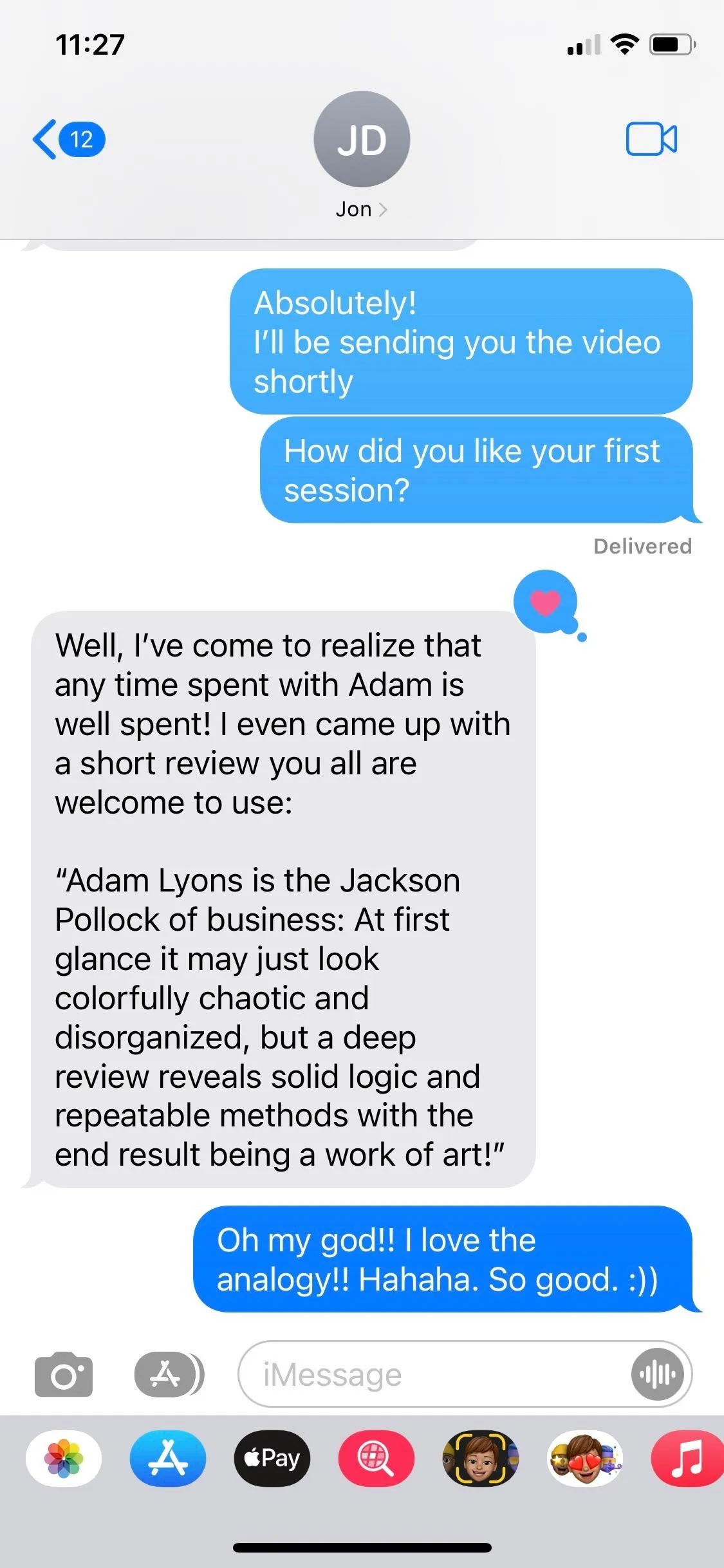

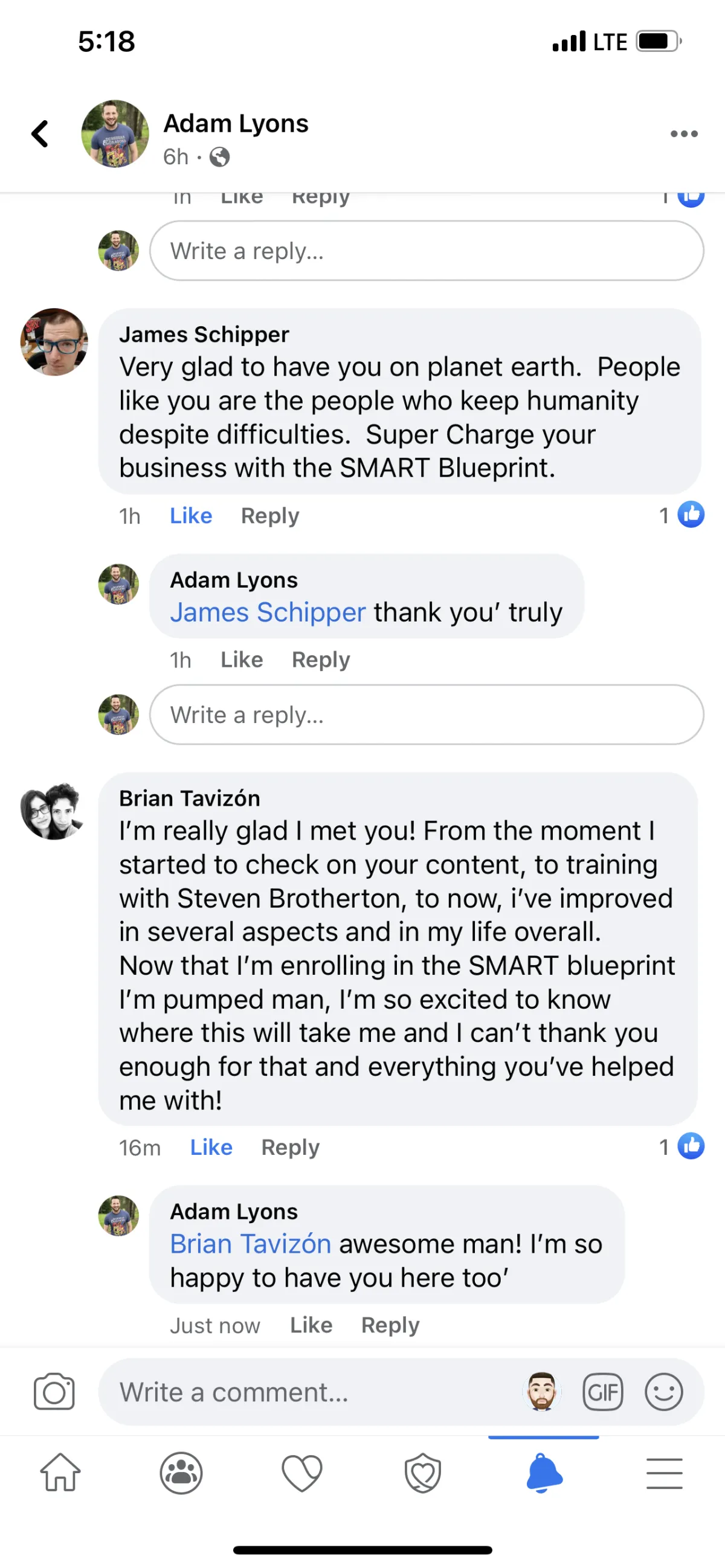
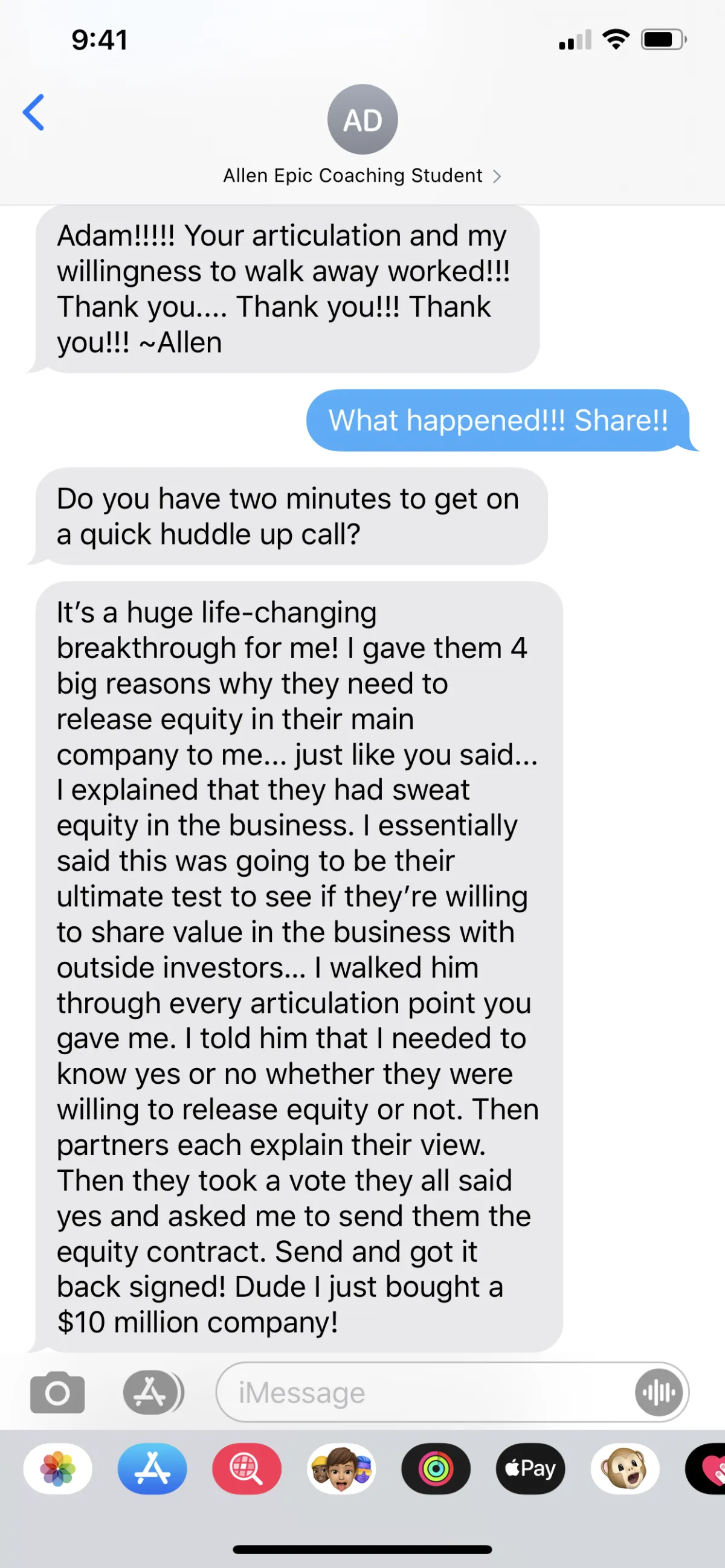
Take the 6 CEO's Personality Test
Find Out What's Holding You Back



